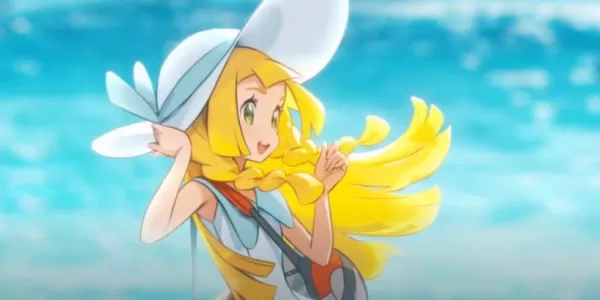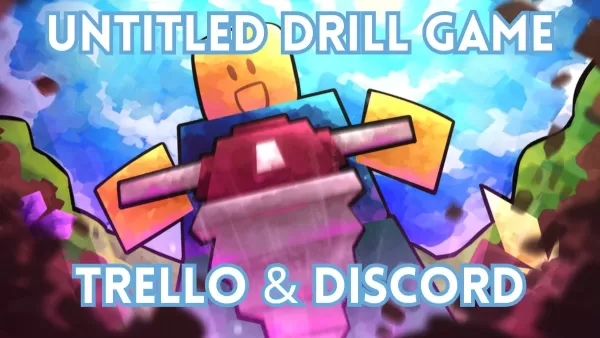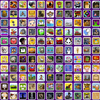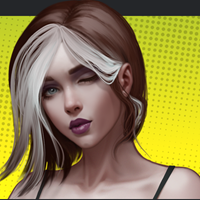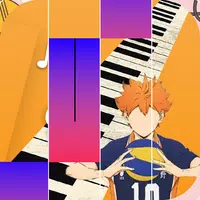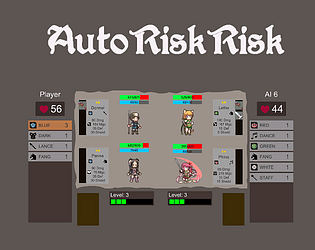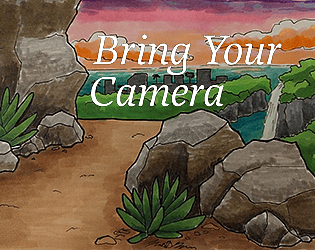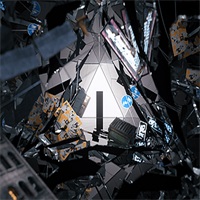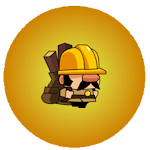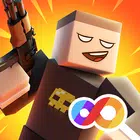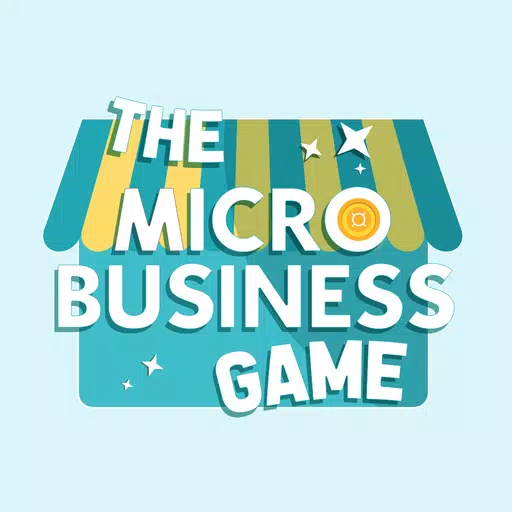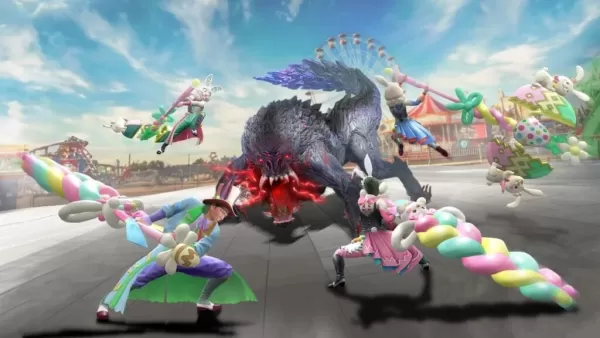Ex-Blizzard Leaders Unveil New Project at Dreamhaven Event
Five years ago, when Mike and Amy Morhaime founded Dreamhaven, I had the opportunity to delve into their vision for the company. During our interview, the founding members expressed their desire to establish a sustainable publishing and support pillar for game studios, encompassing both their initial ventures, Moonshot and Secret Door, as well as other carefully selected partners.
At the conclusion of our discussion, Mike Morhaime articulated an ambitious goal for Dreamhaven:
"We want, if I may be so bold as to say, to be a beacon to the industry," he remarked, alluding to the company’s lighthouse logo. "There's a better way of approaching the business of games and the operation of a game company that can yield exceptional results, both in terms of products and financial success, as well as in creating a positive work environment. This approach could potentially raise the bar for the entire industry."
Around the time of Dreamhaven's inception, numerous studios led by former AAA executives emerged, each promising a more sustainable future. However, the industry faced significant challenges over the years, including a global pandemic, economic instability, widespread layoffs, studio closures, and project cancellations. Many of these visionary studios either shut down before releasing any games or had to postpone their aspirations.
Yet, Dreamhaven has persevered. Recently, they collaborated with The Game Awards for their inaugural showcase, unveiling an impressive lineup of four games. Two of these are in-house creations: *Sunderfolk*, a turn-based tactical RPG with couch co-op, set to release on April 23, and *Wildgate*, a newly announced crew-based first-person shooter centered around space heists (which we've had the chance to preview!). Additionally, Dreamhaven is publishing and supporting two external titles: *Lynked: Banner of the Spark*, an action-RPG from LA-based developer FuzzyBot, currently in early access and slated for its 1.0 launch in May, and *Mechabellum*, a turn-based tactical auto-battler from Chinese studio Game River, which launched last September. With Dreamhaven's support, Game River aims to maintain *Mechabellum*'s longevity through continuous updates.This flurry of activity is quite remarkable for a relatively young company like Dreamhaven. But their efforts don't stop there. Dreamhaven is also assisting ten other external studios—many founded and staffed by ex-AAA developers—through investments, consultancy, and fundraising support. This assistance may or may not include publishing support. At last week's Game Developers Conference (GDC), Mike Morhaime explained that Dreamhaven aimed to form a "net" to capture the dispersing talent across the industry from the outset.
Wildgate - First Screenshots
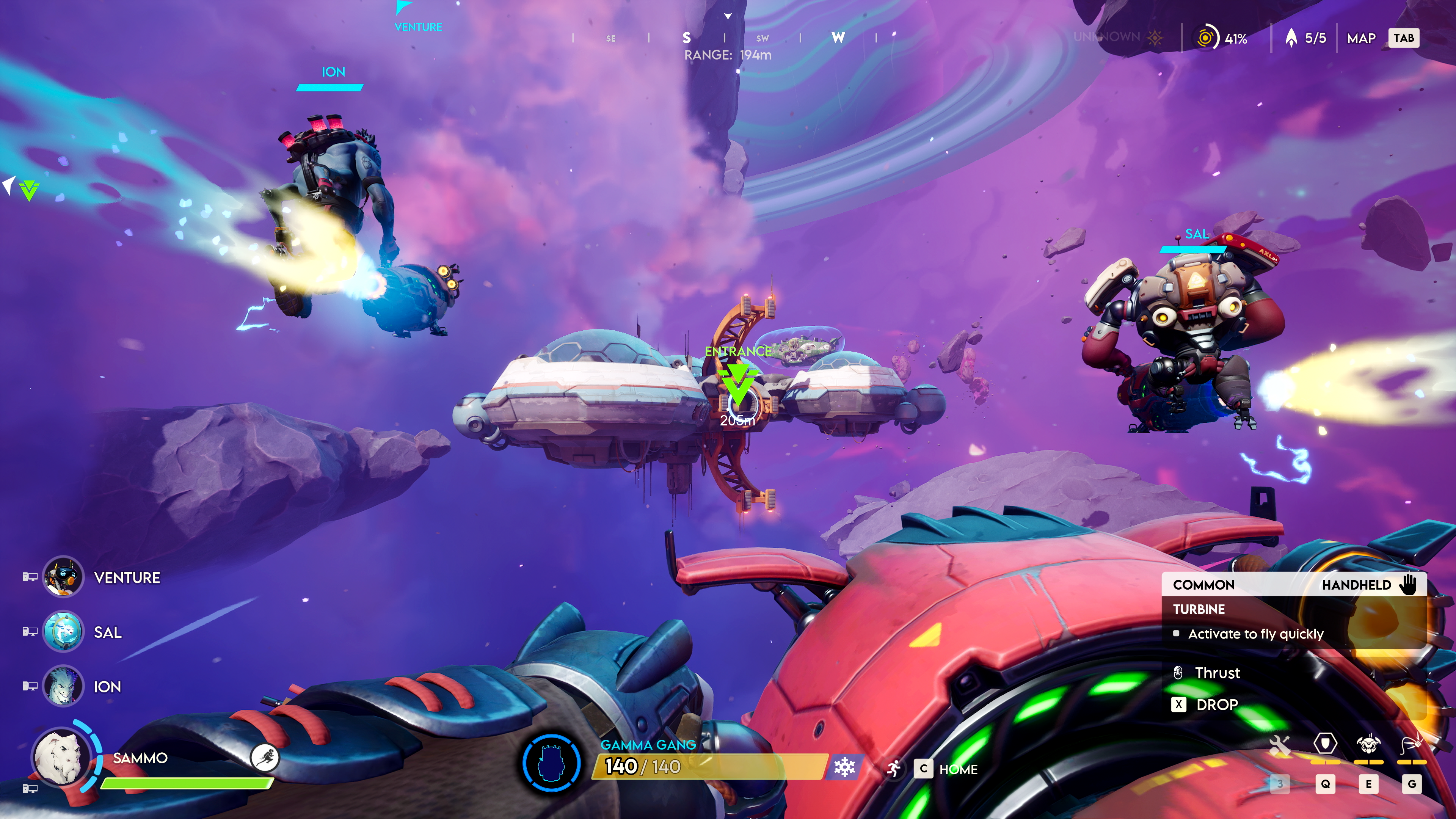
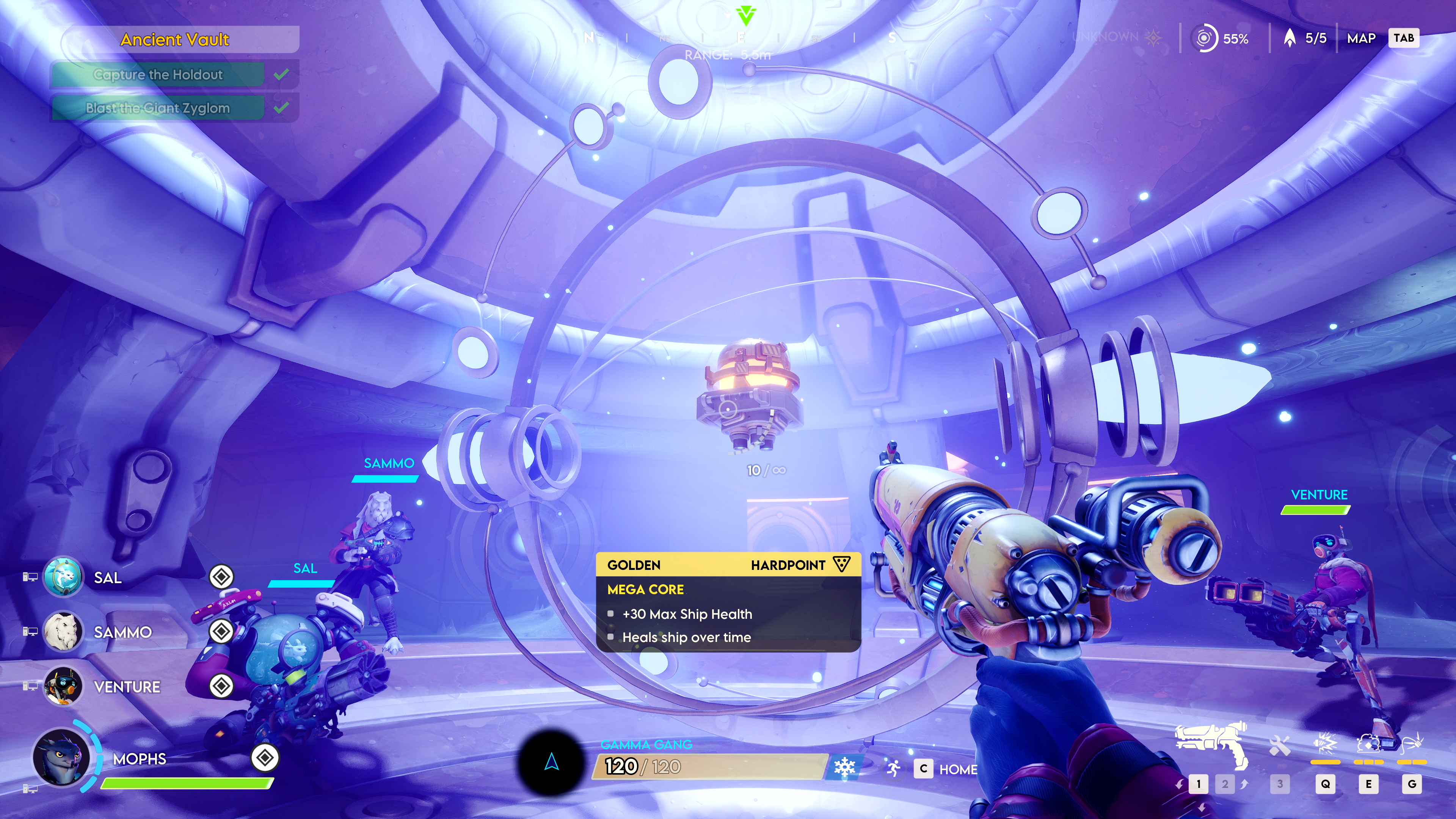 10 Images
10 Images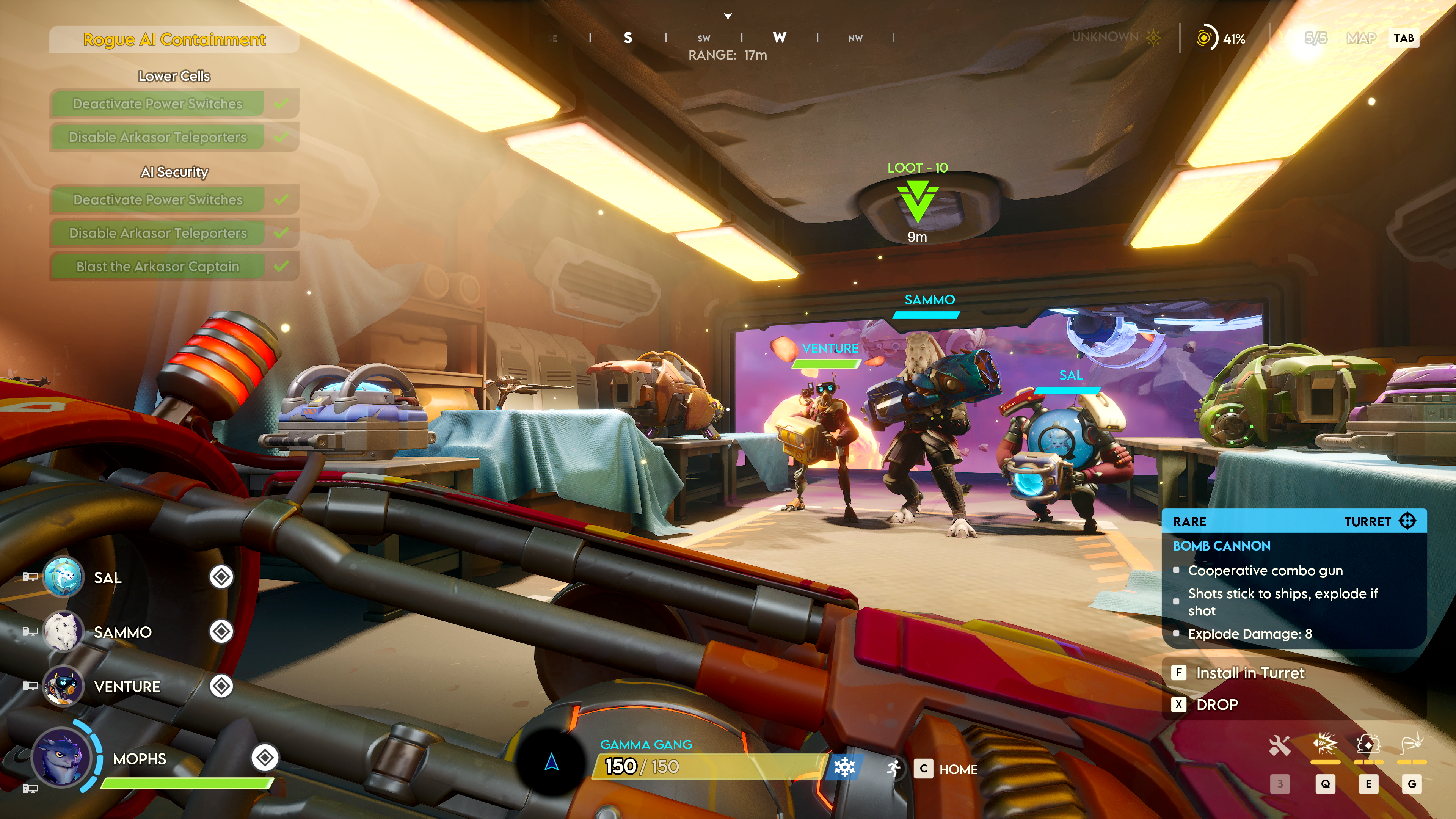
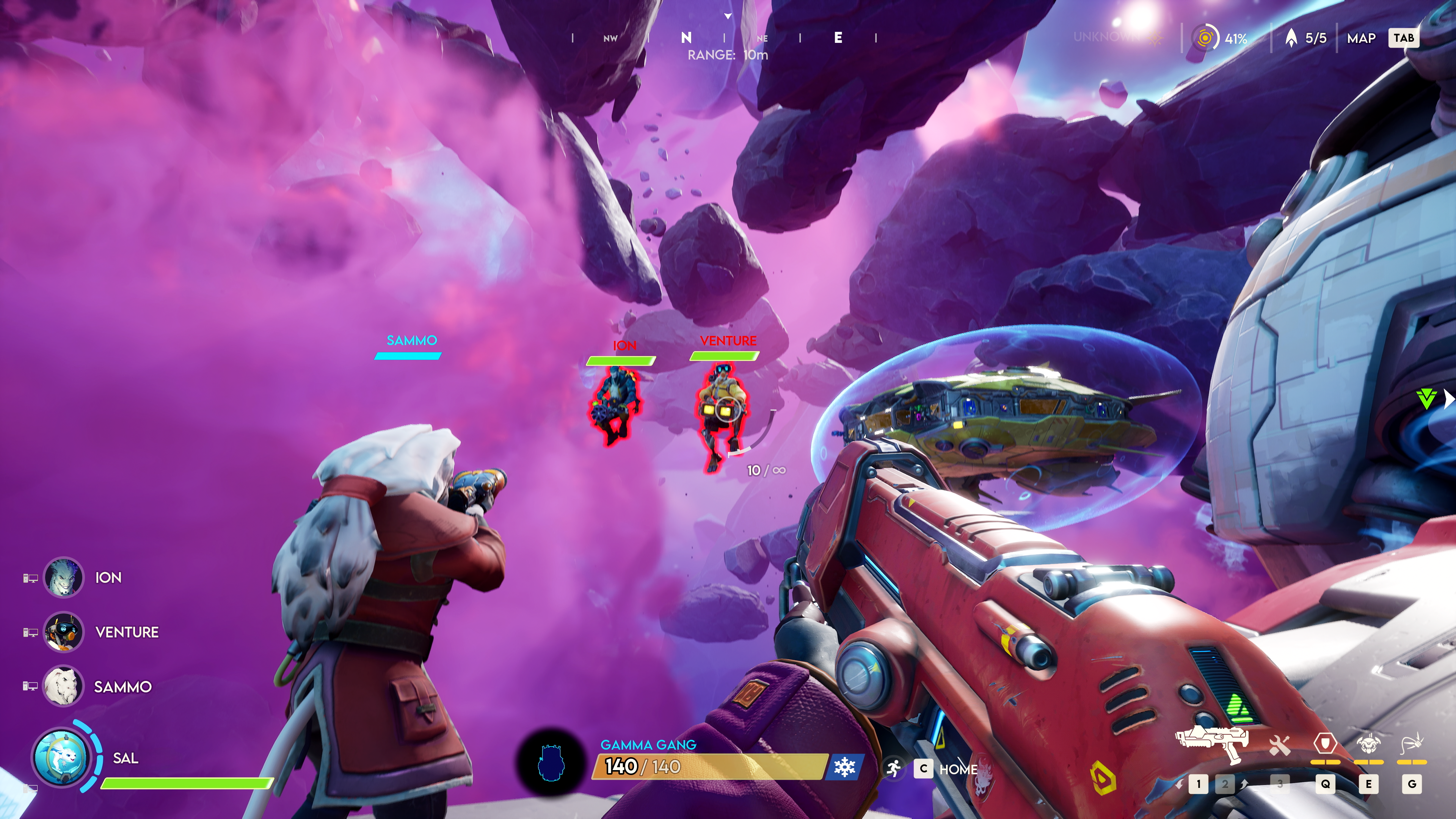
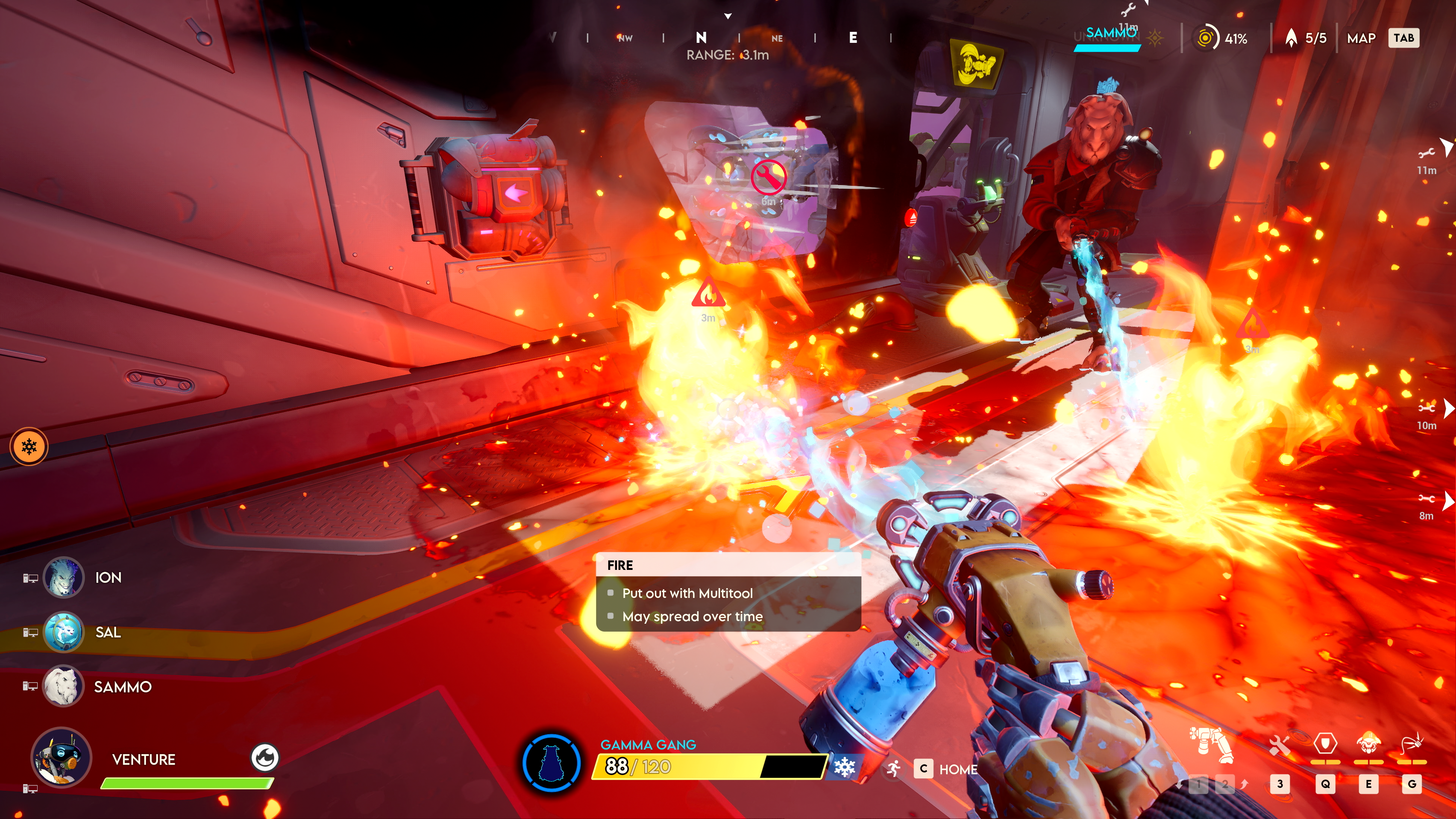
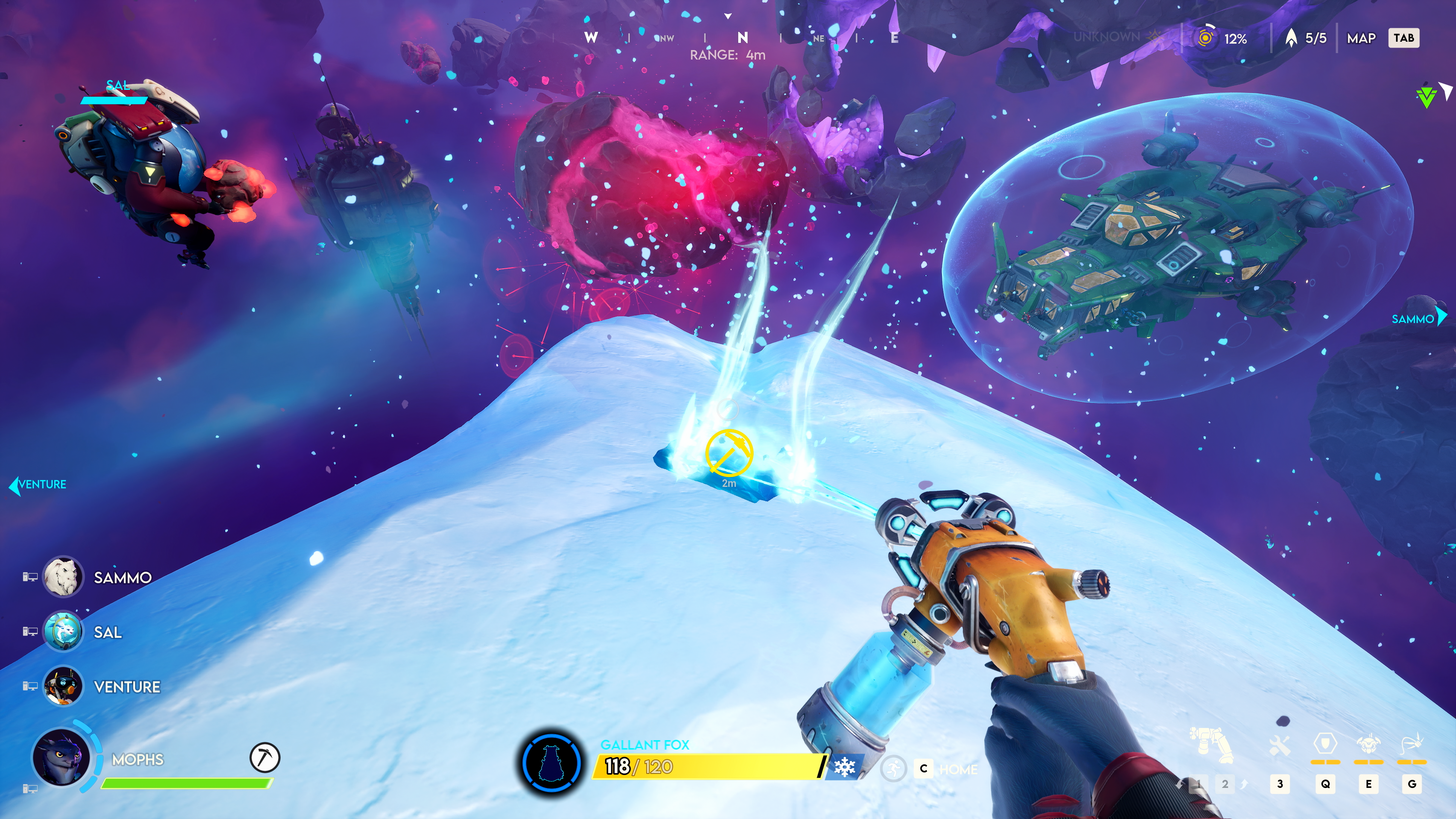 “We saw all these studios starting up and we have a lot of relationships,” he noted. “We knew many of the founders and wanted to create a structure that would allow us to help and support these studios. We've designed a framework that enables us to offer guidance and advice, and incentivizes us to want them to succeed.”
“We saw all these studios starting up and we have a lot of relationships,” he noted. “We knew many of the founders and wanted to create a structure that would allow us to help and support these studios. We've designed a framework that enables us to offer guidance and advice, and incentivizes us to want them to succeed.”
Throughout GDC, discussions centered around the ongoing industry crisis, with many pointing to the prioritization of profits over all else as a contributing factor to the wave of cancellations, shutdowns, and layoffs. When I asked Morhaime about the balance between craft and business, he didn't see them as mutually exclusive. However, he emphasized that allowing room for occasional failure is essential for creating good games.
“I believe that to foster innovation, you need a safe environment and the space to experiment and try new things,” he stated. “We're not opposed to our products being successful and profitable. It's about focus. What are these teams concentrating on? They're not focused on maximizing profitability at every turn. Instead, they're striving to create the best possible experience, which we believe is the right business strategy in the long run. With the intense competition in the gaming industry, the only way to truly stand out is by offering something unique.”
Given that Dreamhaven and many of its partners are staffed by AAA veterans, I posed a two-part question: what was the most significant lesson he took away from his time at Blizzard in the AAA space? Morhaime highlighted the importance of an “iterative” game development process.
“It was never linear. It was never a straight line where you had a perfect plan that you could execute flawlessly, leading to success and happiness. We always faced obstacles and things that didn't go as planned, but we had the flexibility and adaptability to address these issues along the way. Approaching development with an experimental mindset, where we're willing to try things and go back and fix them if they don't work, is crucial to ending up with a product we're proud of.”On the other hand, what's the most significant difference between how he used to work at Blizzard and how he works now? In one word: agency.
“Probably the biggest difference is that we have such an experienced team, and we're structured to give our studio leadership teams a lot of agency,” he explained.
“This creates a unique environment where our studios have a strong partnership with the central company. The central teams are here to support the studios’ needs, and our studio heads and leadership are also founding members of Dreamhaven. It's truly a collaborative partnership.”
Our conversation shifted to new technologies, specifically the contentious topic of generative AI. Despite its unpopularity among gamers and the concerns it raises for many developers, numerous AAA gaming companies are integrating it either discreetly or openly. Morhaime mentioned that Dreamhaven isn't avoiding the topic but has been cautious, limiting its use to research on best practices and internal policy drafting. It's not currently employed in Dreamhaven’s games.
“As a technologist and someone who appreciates the potential of technology, I find generative AI incredibly exciting. We're witnessing its emergence in our lifetime, which is a privilege. Just a few years ago, I couldn't have imagined generative AI achieving what it's doing now. There are complexities—legal, ethical—and it's challenging to predict its long-term impact on our lives. I believe it will affect us all in numerous ways, some positive and some concerning. But you can't just ignore it or try to put it back in a box. Those who do will be at a significant disadvantage.”Shifting to a less controversial topic, I inquired about the Nintendo Switch 2. Sunderfolk and Lynked are both slated for the Switch, while Mechabellum remains Steam-exclusive due to its genre. Notably, the Switch was absent from Wildgate's multi-platform announcement. Morhaime remained tight-lipped about this but shared his general thoughts on the new console:
“I think console transitions can be disruptive, but they can also invigorate and benefit the gaming industry,” he said. “For a startup like us, these transitions are positive. If you already have games on the market, there might be some disruption to worry about, but we don't face that issue. And as a gamer, I find console transitions exciting.”
As we concluded, I asked Morhaime if he believes Dreamhaven has achieved the mission he outlined five years ago. Is Dreamhaven a "beacon to the industry"? Morhaime doesn't think so...yet. They still need to release their games and gauge the response from players and the industry.
“We have to put out games that people love and achieve financial success, because if we don't, no one will see us as a beacon for anything,” he said.
“Ultimately, I want Dreamhaven to build a reputation with gamers where the brand signifies something—a seal of quality, perhaps—and where there's trust that if a game comes from Dreamhaven, regardless of genre, it will be something special and worth exploring.”
-
Solgaleo and Lunala make their grand debutImmersive Supporter cards arriving soonHalf-anniversary celebration with new solo missionsThe stars align as Celestial Guardians arrive in Pokémon TCG Pocket, bringing an spectacular close to the month. LauncAuthor : Alexander Dec 21,2025
-
Untitled Drill Game is a tycoon and idle experience where you extract ore, sell it for profit, and reinvest your earnings to drill even deeper. With so much to discover, a great way to stay informed is by joining the official Untitled Drill Game DiscAuthor : Nathan Dec 21,2025
- Spring Valley Farm Game: January 2025 Redeem Codes
- WWE Superstars Join Call of Duty Warzone: Mobile Roster
- Midnight Girl is a minimalist point-and-click adventure set in Paris in the 60s, now open for pre-orders on mobile
- Mobile Legends: Bang Bang – Best Lukas Build
- "Grand Outlaws Unleashes Chaos and Crime on Android Soft Launch"
- Video Game Song Surpasses 100 Million Streams on Spotify

